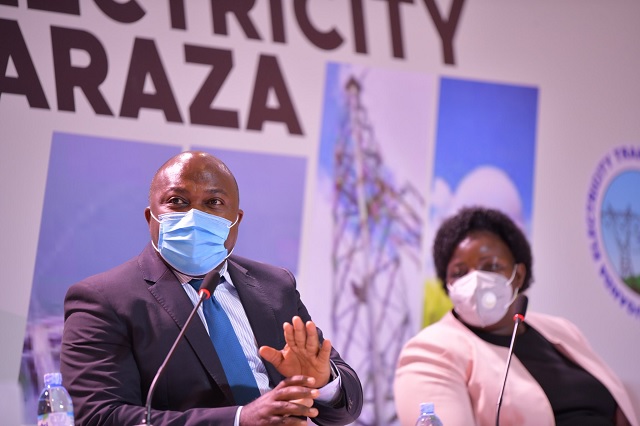
Kampala, Uganda | THE INDEPENDENT | Electricity distributor Umeme has appealed to parliament to review the laws that affect the power sector, especially those that directly affect the pricing of power to the final consumer.
The high cost of electricity and the unstable supply are the major concerns presented by electricity users as well as leaders over the last 15 years. And these concerns are likely to be the main determinants of whether the company gets its concession renewed or not.
The 20-year contract comes to an end in 2025 and Umeme management has remained unsure on whether or when the contract will be renewed. Umeme says the mode of the contract gives the Electricity Regulatory Authority, ERA, more powers to determine how much the final consumer will pay.
Regularly, the electricity companies study the different dynamics that affect the cost of the service and present them to the regulator for consideration, after which it sets or approves the price for the next period of time. The Umeme managing director Selestino Babungi says the parliament should amend laws that give penalties for power theft for example, which should make the act costly to the perpetrators.
He also asked the MPs to help fast-track the availability of up to 500 billion shillings, money to implement the free power connections under the electricity connection policy, which has accumulated a backlog of more than 250,000 applications.
An officer at Umeme who spoke on condition of anonymity said the policy was not well-thought-out when the government was creating it and that is why there are problems finding it. The official says that while the policy is good, it was politically motivated and rushed.
The company however says they have so far connected 150,000 this year and if the money comes in as planned, they could clear the backlog this year.
The chairman of the board, Patrick Bitature said the problem with the delay in concluding the concession negotiations is not that the time is coming to an end, but rather that the new power generation projects are coming up and need to be planned for.
Bitature says that the company must look for investments into the evacuation process of the power that will be generated by Karuma, which is expected to be commissioned by mid next year. He says there are many people awaiting connection, and the company needs to expand its distribution network, but plans to get money for these projects will depend on the concession negotiations which stalled last year.
Some MPs voiced their dissatisfaction with Umeme’s performance and wished the concession is not renewed. Kaaya Christine Nakimwero, the Kiboga woman MP Kiboga said, “If the government renews Umeme’s concession, it will be a big disservice to ordinary Ugandans.
But the Chairman of the Natural Resources Committee of Parliament Emmanuel Otaala said there are many things that the MPs have to understand about the electricity industry before deciding on the concession. He says they also need to summon the regulator, the Electricity Regulatory Authority to answer some questions especially on the pricing of electricity, which Umeme says is largely in the regulator’s discretion.
ERA senior projects engineer, Peter Kakeeto agreed that the contract does not give Umeme all the freedom to charge tariffs, because otherwise, a pure commercial tariff would not be affordable to Ugandans. He also defended the maintenance of the service fee which the MPs queried, saying that it is necessary because the service delivered is constant.
Committee member Dicksons Kateshumbwa warned the government that delaying the conclusion of the concession negotiations will lead to a last-minute stampede. This, he said is likely to lead to a poorly done job on the part of the government because it could result in making even worse contracts than the current one, or chose the wrong person.
Meanwhile, Babungi allayed fears of excess production of electricity, even when the Karuma project adds another 600 megawatts next year to the current capacity of about 1,300 megawatts. Babungi says what some are calling excess power is actually reserve capacity which is normal because output must always be above demand to avoid a shortfall.
He says that instead, the government should be currently looking for contractors to start on another project because building a dam takes a long time, otherwise, the country risks going back into load-shedding or using the expensive thermal power.
*****
URN
 The Independent Uganda: You get the Truth we Pay the Price
The Independent Uganda: You get the Truth we Pay the Price



